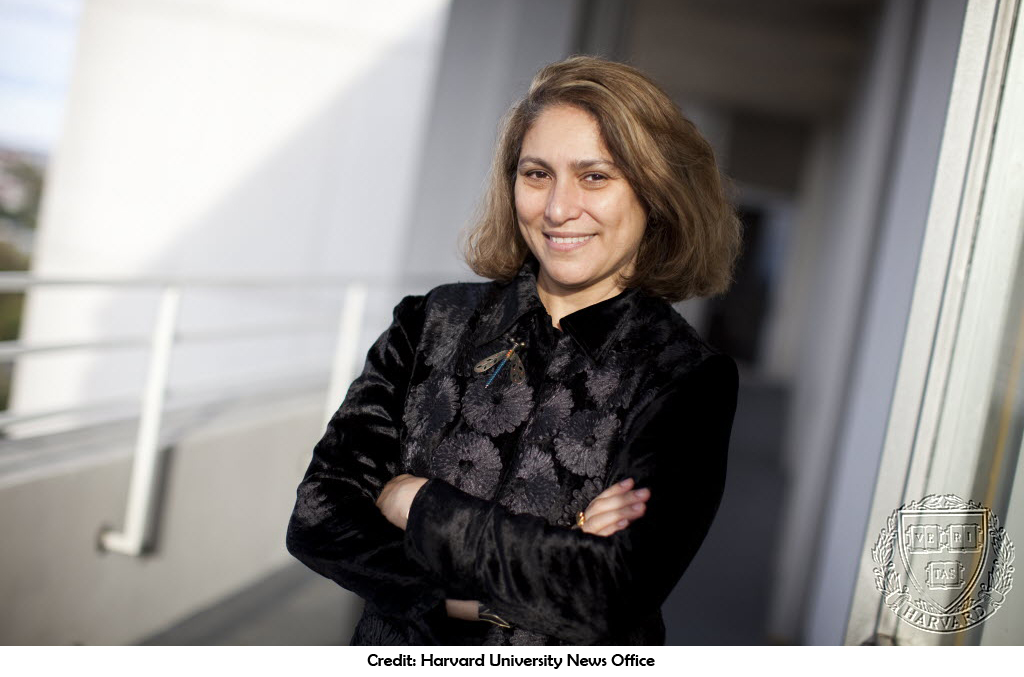-

New Research From Psychological Science
New research exploring overlap between self- and other-oriented brain responses among altruists, spatial interference from linguistic cues, and brain structure and function in relation to action control. Visit Page
-

APS Past President Walter Mischel Passes Away
The pioneering scientific expert on children’s self-control was a driving force behind the advancement of integrative science and international collaboration. Visit Page
-

APS Past President Mahzarin Banaji Among Golden Goose Award Recipients
Banaji and colleagues Anthony Greenwald and Brian Nosek are being honored for their groundbreaking research on implicit bias. Visit Page
-
Why some people never evacuate during a hurricane, according to a psychologist
The forecast for Hurricane Florence is ominous. Storm experts are projecting the storm will make a direct hit on the North Carolina shore, north of Wilmington, as a Category 3 storm. The National Hurricane Center says storm surge — which is often the deadliest component of a hurricane — could top 6-to-12 feet in some areas. Meanwhile, 15-to-20 inches of rain from the storm may cause flooding, both alongshore and inland. Due to the severity of the forecast, more than 1.4 million people have been told they must evacuate from the shorelines of North and South Carolina, as well as parts of Virginia.
-

People Can Infer Which Politicians Are Corrupt From Their Faces
People can make better-than-chance judgments about whether unfamiliar politicians have been convicted of corruption simply by looking at their portraits. Visit Page
-
A psychologist helps us understand why life is so different around the world
Michele Gelfand used to be “a sheltered Long Island kid who only saw New York and the world through a cartoon lens.” In college, she went to London for the first time and, surprised by the culture shock, decided to learn more about what makes cultures so different around the world. Today, Gelfand is a cultural psychologist at the University of Maryland and author of Rule Breakers, Rule Makers: How Tight and Loose Cultures Wire Our World, which is out on September 11th from Scribner. Gelfand’s key insight is that “tight” societies care more and “loose” cultures care less about enforcing social norms.

